New Scientist covers the latest developments in science and technology that will impact your world. New Scientist employs and commissions the best writers in their fields from all over the world. Our editorial team provide cutting-edge news, award-winning features and reports, written in concise and clear language that puts discoveries and advances in the context of everyday life today and in the future.
Don’t hate the data • Statistics doesn’t get the political attention it deserves
New Scientist
A very big CAT scan
Denisovan DNA reveals hidden humans • An entire genome has been sequenced from a Denisovan tooth, which suggests there were more populations of this ancient human species than we thought, explains Michael Marshall
We may have finally seen the first generation of stars
Magnets could revolutionise kidney stone removal
Will COP30 achieve anything? • Expectations are low for the UN climate conference in Belém, Brazil, but the host’s pragmatic approach could help make progress on implementation, reports Luke Taylor
What’s on the agenda at the Belém climate summit
Stem cell therapy lowers risk of heart failure after a heart attack
Young great whites flipped upside down by hungry orcas
Satellites face solar storm threat • Charged particles from the sun could affect mega internet constellations like SpaceX’s Starlink
Prehistoric crayons provide clues to how Neanderthals created art
Super-strong fabric could make better bulletproof vests
Can’t focus due to a lack of sleep? Your brain needs a wash
Boy’s body was mummified and turned green by a copper coffin
Fossil ends big debate over ‘tiny T.rex’ • Palaeontologists may have finally proved that the diminutive Nanotyrannus was a separate species
The gut microbiome may play a role in shaping our personality
Small galaxy is home to a shockingly enormous black hole
We may have found a way to train AI 1000 times faster and cut energy use
Carbon calculators might not capture the full cost of flying
Health • US public health system is flying blind after major cuts The loss of government workers responsible for crucial public health surveys could leave the US without the information it needs to respond to future threats, finds Grace Wade
Men may need more exercise than women
Nothing’s certain • Human minds abhor uncertainty. This is a problem for liberal democracy, but there are solutions, say Florence Gaub and Liya Yu
Lost in space-time • Cosmic speed limit There is no such thing as objective simultaneity – things happening at the same time – and all because light has a speed. Pretty wild, right? says Leah Crane
Tree rings
All mixed up • The new science of microchimerism brings with it profound implications for medicine, and even what it means to be human, says Helen Thomson
Burning bright • The battle to save the magnificent but endangered Amur tiger is a rare story of hope in conservation, finds Adam Weymouth
New Scientist recommends
The sci-fi column • Deep-space brilliance A planet is about to be destroyed by the collapse of a binary star system in Slow Gods, Claire North’s first venture into classic sci-fi. It is delightful, profound and not to be missed, says Emily H. Wilson
Your letters
Older faster • All over the world, people are ageing more rapidly than they used to. But there are ways to turn back the clock, discovers Graham Lawton
The heat is on
Rebooting from scratch • What happens if the internet completely fails? With no clear official plans, a team of hackers is preparing their own backup. Matthew Sparkes meets them
Shaking the family tree • Palaeoanthropologist Christopher Bae...
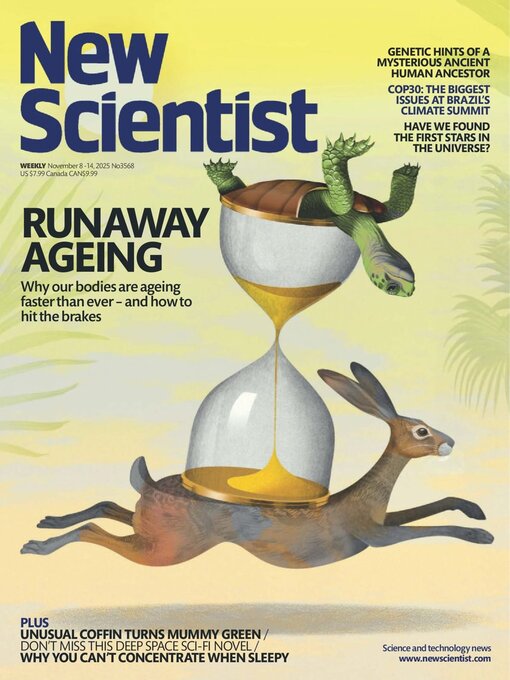
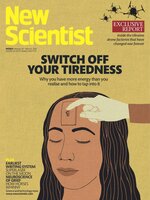 Feb 28 2026
Feb 28 2026
 Feb 21 2026
Feb 21 2026
 Feb 14 2026
Feb 14 2026
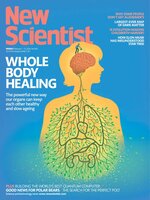 Feb 07 2026
Feb 07 2026
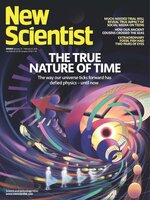 Jan 31 2026
Jan 31 2026
 Jan 24 2026
Jan 24 2026
 Jan 17 2026
Jan 17 2026
 Jan 10 2026
Jan 10 2026
 Jan 03 2026
Jan 03 2026
 Dec 27 2025
Dec 27 2025
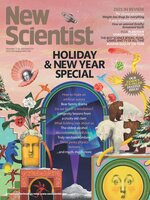 13-26 December 2025
13-26 December 2025
 Dec 06 2025
Dec 06 2025
 Nov 29 2025
Nov 29 2025
 Nov 22 2025
Nov 22 2025
 Nov 15 2025
Nov 15 2025
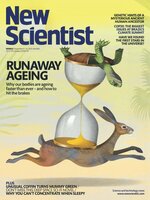 Nov 08 2025
Nov 08 2025
 Nov 01 2025
Nov 01 2025
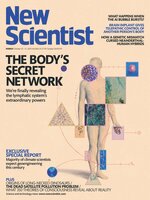 Oct 25 2025
Oct 25 2025
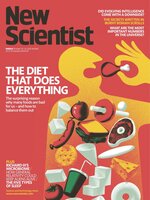 Oct 18 2025
Oct 18 2025
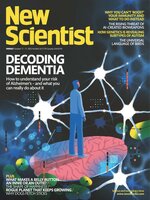 Oct 11 2025
Oct 11 2025
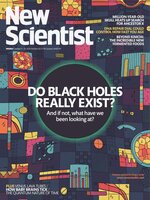 Oct 04 2025
Oct 04 2025
 Sep 27 2025
Sep 27 2025
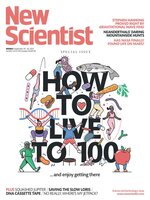 Sep 20 2025
Sep 20 2025
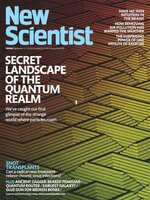 Sep 13 2025
Sep 13 2025